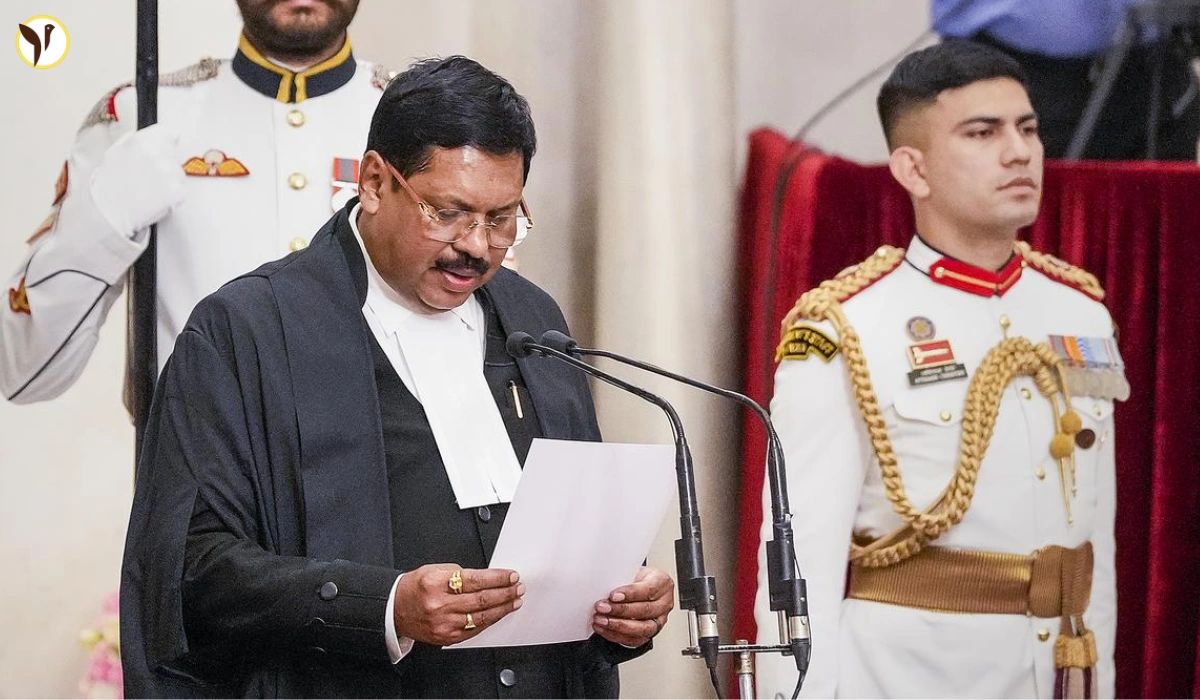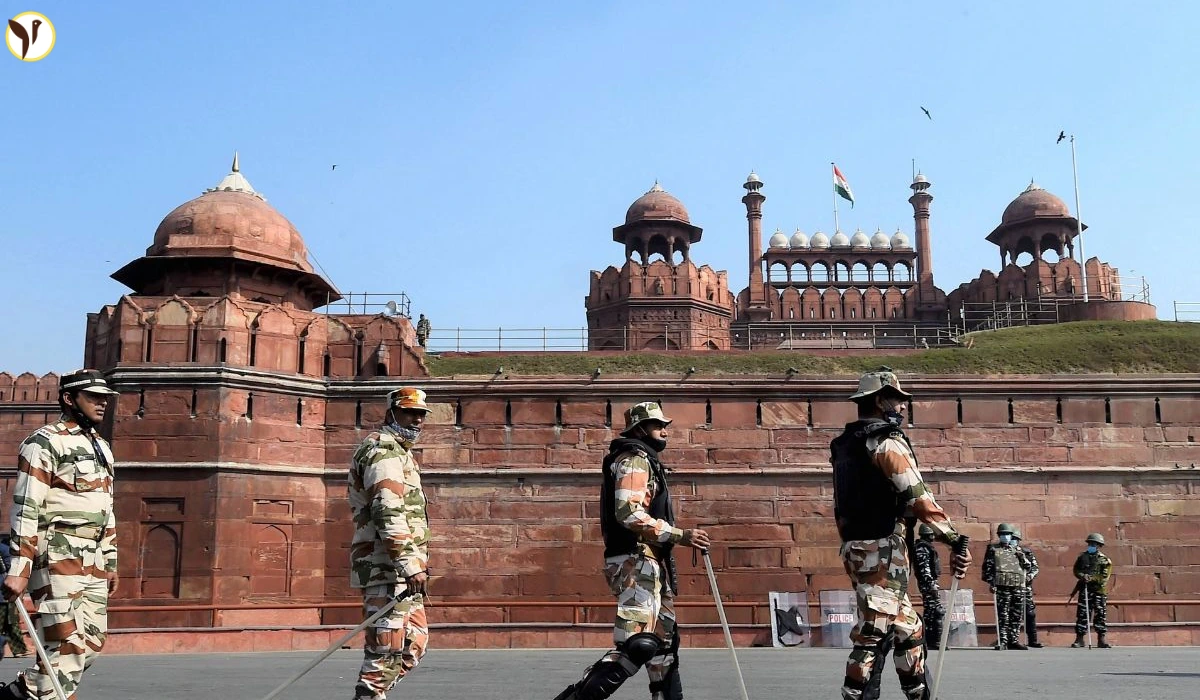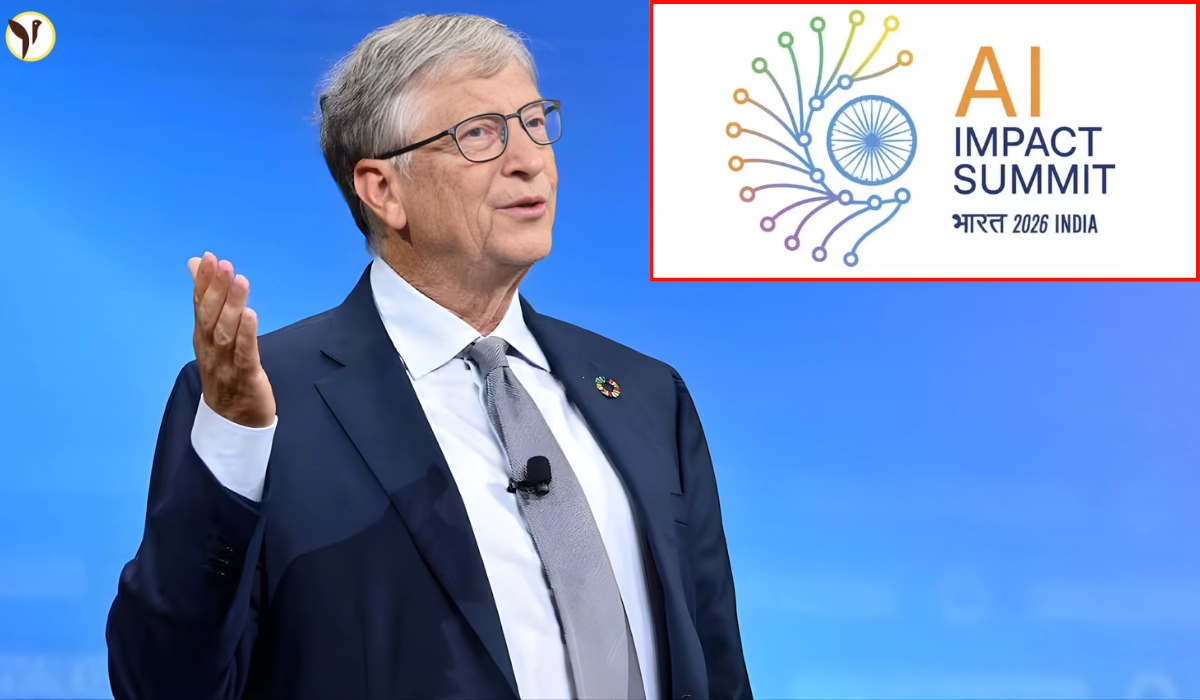Breaking Barriers: India Welcomes Its First Buddhist Chief Justice
History was made this Wednesday as Justice Bhushan Ramkrishna Gavai took the oath as India's 52nd Chief Justice. In the grand setting of Rashtrapati Bhavan, President Droupadi Murmu administered the oath in a ceremony that marked not just a change of leadership, but a significant cultural milestone. Justice Gavai isn't just any chief justice – he's the first Buddhist to ever hold the nation's top judicial position. Taking over from Justice Sanjiv Khanna, who retired at 65, Gavai's appointment sends a powerful message about India's evolving judiciary.
A Ceremony for the History Books
You could feel the weight of the moment as distinguished guests gathered to witness the ceremony. Prime Minister Narendra Modi was there, nodding approvingly as Justice Gavai took his oath in Hindi. The room was packed with power players – Home Minister Amit Shah, Defence Minister Rajnath Singh, and Law Minister Arjun Ram Meghwal all watched attentively. Vice President Jagdeep Dhankhar and former President Ram Nath Kovind added to the ceremonial gravitas, while judges from the Supreme Court and High Courts, both current and retired, filled the hall in their distinctive black robes.
What makes this appointment truly remarkable? For starters, Justice Gavai is breaking new ground as the first Buddhist to reach this pinnacle. He's also only the second judge from the Scheduled Castes to achieve this distinction – a fact that hasn't gone unnoticed by those championing greater diversity in India's institutions.
After taking his oath in Hindi (a thoughtful nod to India's linguistic heritage), Justice Gavai made a deeply symbolic gesture. He paid his respects at the statues of Mahatma Gandhi and Dr. B.R. Ambedkar – connecting his new role to India's independence struggle and its ongoing journey toward social justice.
From Amravati to the Supreme Court
Justice Gavai's journey to the top job tells a compelling story of its own. Born in 1960 in Amravati, Maharashtra, his roots are humble yet distinguished. His father was a prominent Dalit leader who later became Governor of Bihar – perhaps setting the stage for his son's remarkable career trajectory.
Since his appointment to the Supreme Court in 2019, Justice Gavai has left his mark on some of India's most consequential legal decisions. Remember the controversial abrogation of Article 370? He was on that bench. What about the heated debates over electoral bonds? He helped strike down that scheme. From weighing in on the 2016 demonetization to addressing contentious "bulldozer actions," his judicial fingerprints are on cases that have shaped modern India.
He's also ruled on cases involving political heavyweights like Rahul Gandhi and Manish Sisodia – never an easy task in India's charged political environment. Though his tenure as Chief Justice will be relatively brief – ending on November 23, 2025 – it promises to be impactful.
Voices of Support
The response to Justice Gavai's appointment has been overwhelmingly positive. Congress president Mallikarjun Kharge didn't waste time in offering congratulations, taking to X (the platform formerly known as Twitter) to acknowledge both the honor and the enormous responsibilities that come with being Chief Justice.
"The office of the CJI carries immense responsibility and is constantly under public scrutiny," Kharge wrote, expressing confidence that Justice Gavai would uphold constitutional values while serving the judiciary with distinction.
What This Means for India's Future
So what can we expect from Justice Gavai's leadership? While his time at the helm will be relatively short, it comes during a crucial period for India's legal landscape. The Supreme Court continues to tackle issues that cut to the heart of Indian democracy – from civil liberties to economic policies, religious freedoms to environmental protections.
His appointment is more than a personal achievement; it's a reflection of India's evolving identity. In a country where representation matters deeply, having a Buddhist from a Scheduled Caste community as Chief Justice speaks volumes about the judiciary's potential for inclusivity.
Will this appointment inspire a new generation of aspiring judges from underrepresented communities? That remains to be seen, but the symbolic value can't be overstated.
Beyond the Bench
Justice Gavai's leadership will likely be judged not just by the verdicts he delivers, but by how he guides the institution during his tenure. The Supreme Court faces numerous challenges – from case backlogs to questions about judicial independence. His background and perspective may bring fresh approaches to these persistent issues.
For ordinary Indians, particularly those from marginalized communities, seeing someone like Justice Gavai in the highest judicial office offers a powerful reminder that the path to the top, though difficult, isn't closed to them.
As Justice Gavai dons the Chief Justice's robes, he carries with him not just his own achievements but the aspirations of many who have long waited to see greater diversity in India's highest institutions. His success will be measured by how well he balances tradition with transformation, preserving the court's integrity while making it more reflective of the nation it serves.
One thing's certain – this moment marks another significant chapter in India's ongoing democratic experiment, where the son of a Dalit leader from Maharashtra can rise to become the guardian of the nation's constitution. And that, by any measure, is worth celebrating.









